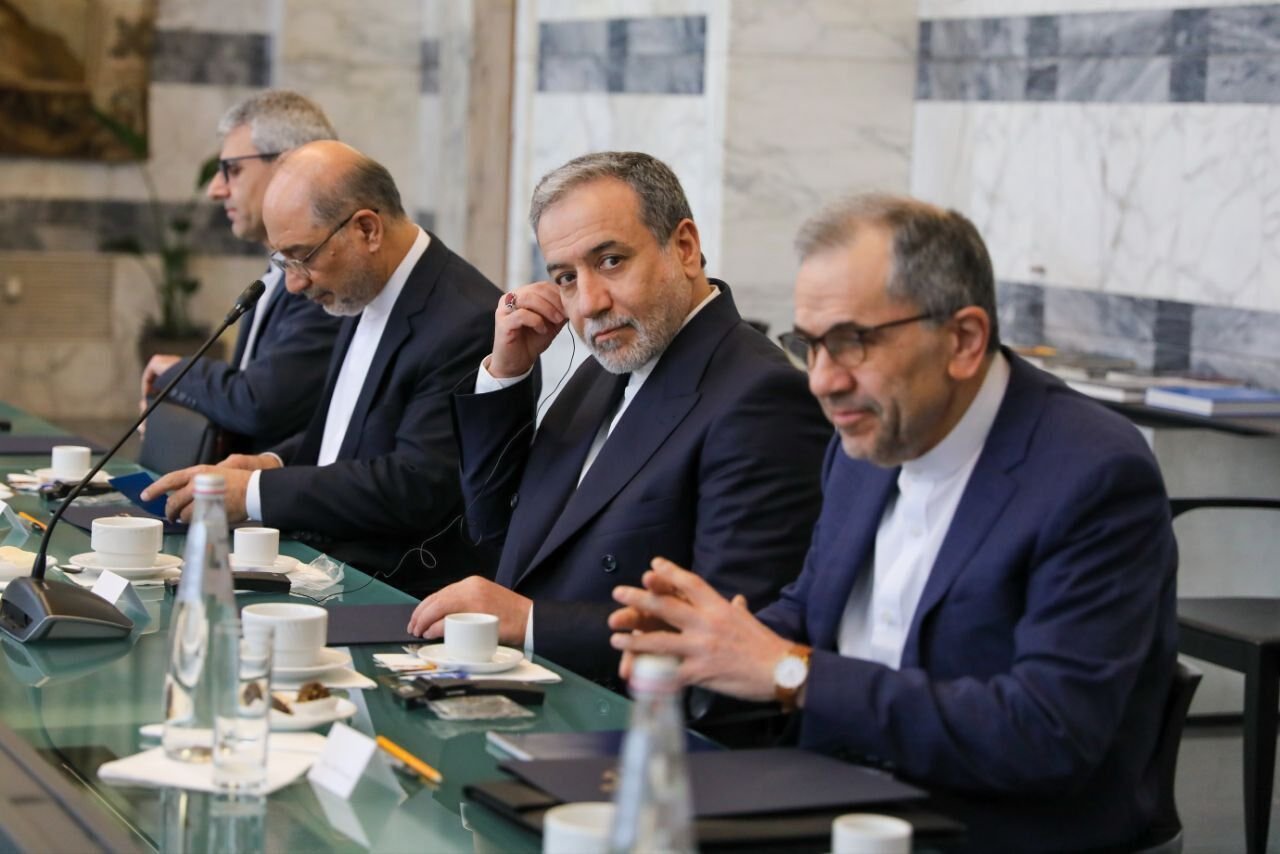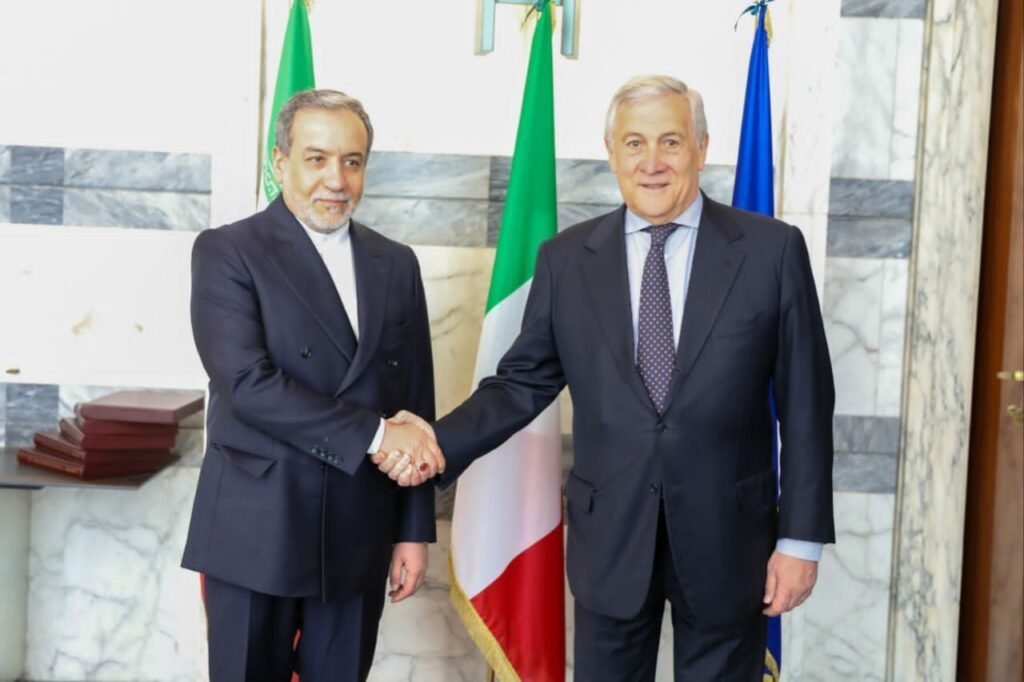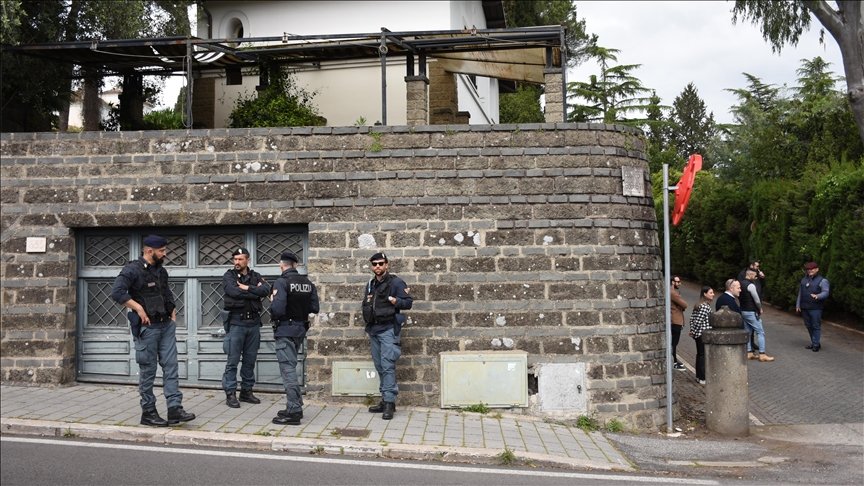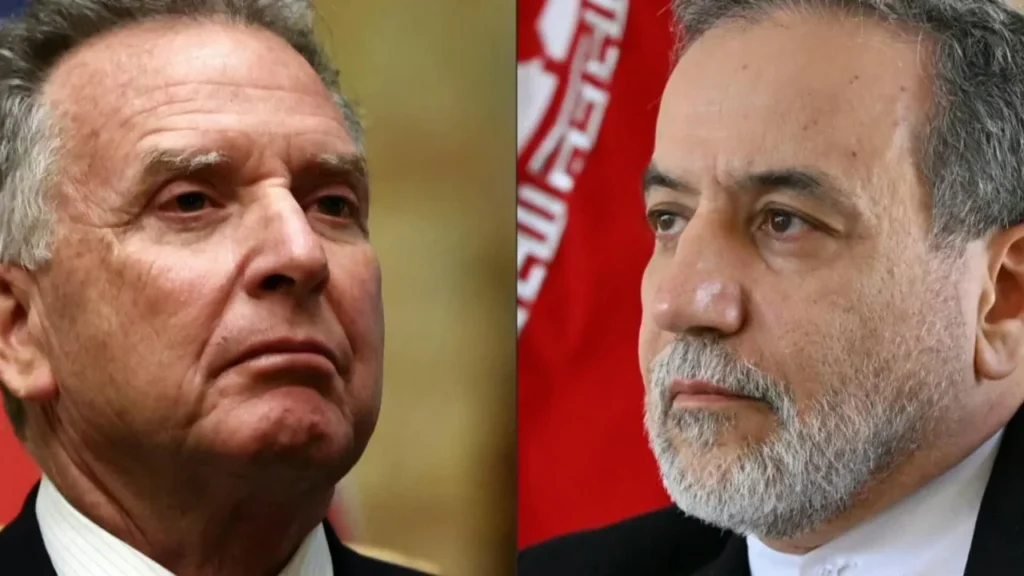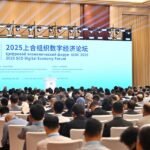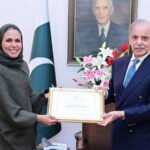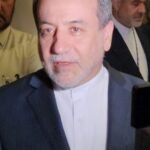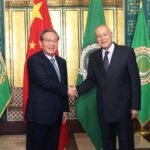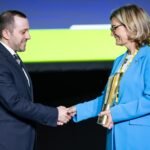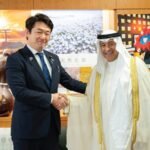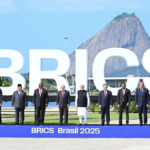Rome, 19 April 2025
The second round of indirect negotiations between Iran and the United States concluded in Rome, with both parties agreeing to reconvene next week to continue discussions. The primary focus remains Iran’s civilian nuclear program and the potential lifting of U.S. sanctions, Iranian Official News Agency IRNA reported today.
Iranian Foreign Minister Abbas Araqchi led the Iranian delegation, while the U.S. was represented by President Donald Trump’s Middle East envoy, Steve Witkoff. The talks were mediated by Oman’s Foreign Minister, Badr bin Hamad Al Busaidi, who played a shuttle diplomacy role, conveying messages between the two sides.
According to Iranian Foreign Ministry spokesperson Esmaeil Baqaei, the discussions were held in a constructive atmosphere, and the delegations agreed to resume at the technical level within days, followed by a high-level meeting next Saturday. Baqaei described the Rome talks as 'useful', signaling positive movement following earlier discussions in Muscat, Oman.
The transition to technical-level discussions is viewed as an indication that foundational issues and negotiating frameworks have been successfully addressed. Iranian officials had previously stated that initial rounds would be used to assess Washington's intentions and avoid what they consider 'excessive demands', particularly those concerning Iran’s defense policies or regional alliances—issues Tehran has declared off-limits. With talks now moving forward, early deal breakers appear to have been circumvented.
Foreign Minister Araqchi confirmed progress, stating that both sides had reached a better understanding of fundamental objectives. He emphasized Iran’s position that the discussions are strictly limited to the peaceful nature of its nuclear program and the removal of sanctions. He noted that so far, the U.S. has respected these parameters. Technical talks are set to begin on April 23, though their location has not been disclosed. A follow-up meeting between chief negotiators will take place in Oman on April 26.
Araqchi also stated it was premature to involve International Atomic Energy Agency (IAEA) experts at this stage.
Omani Foreign Minister Al Busaidi, who facilitated both rounds of negotiations, expressed appreciation to the Iranian and U.S. delegates for their constructive engagement and noted the growing momentum of the talks.
Abbas Araqchi arrived in Rome earlier on Saturday for discussions on the peaceful nature of the Islamic Republic’s nuclear program and the lifting of U.S. sanctions. Before the second round of indirect negotiations between Tehran and Washington with Oman as mediator, Abbas Araqchi met his Italian counterpart Antonio Tajani and exchanged views on the latest bilateral and international developments.
Meanwhile, Ali Shamkhani, senior advisor to Iranian Supreme Leader Ayatollah Seyyed Ali Khamenei, stated that Iranian negotiators have been granted full discretion to pursue a comprehensive agreement.
He outlined nine guiding principles for the Iranian team: seriousness, assurance, balance, sanction relief, rejection of unfavorable models, avoidance of threats, urgency, containment of adversarial actors, and promotion of investment. Shamkhani emphasized that Iran seeks a balanced agreement—not capitulation.
These diplomatic efforts follow a letter from President Trump to Ayatollah Khamenei, proposing a renewed dialogue. The talks mark the most significant diplomatic engagement between the two nations since the U.S. unilaterally withdrew from the 2015 nuclear agreement in 2018. Ayatollah Khamenei has since authorized indirect negotiations with Washington under carefully defined terms.

